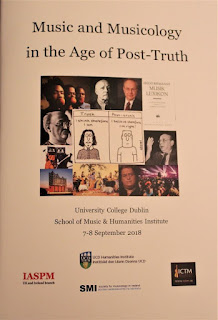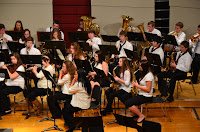 |
| Hearing Beethoven: Marvel as it systematically undermines every Beethoven myth your music teacher told you! |
I was most impressed with the fifth chapter, “The Artifacts of Deafness,” by the way that Wallace shifts the assumed relationship between Beethoven and the contemporaneous developments in piano manufacturing. As he points out, the piano was constantly changing throughout Beethoven’s lifetime, expanding the range of keys, changing the mechanisms to evoke louder sounds, experimenting with materials to ultimately make the instrument bigger and bolder.
Now, doesn’t that seem just ideal for a composer who was gradually losing his hearing? One might even speculate that there’s a reason Beethoven’s style and pianos co-evolved—perhaps piano manufacturers were even influenced by his new piano sonatas, challenged to create instruments to accommodate their idiosyncrasies. After all, didn’t Beethoven once rave at a famous violinist, “What do I care about your damned fiddle when the Spirit seizes me!” I mean, Beethoven, the great innovator, wasn’t constrained by what was, only concerned with what could be! Surely, if he were alive today, he would be impressed by our pianos, finally able to produce the powerful sounds that had only existed in his imagination!
Except…no, probably not.







